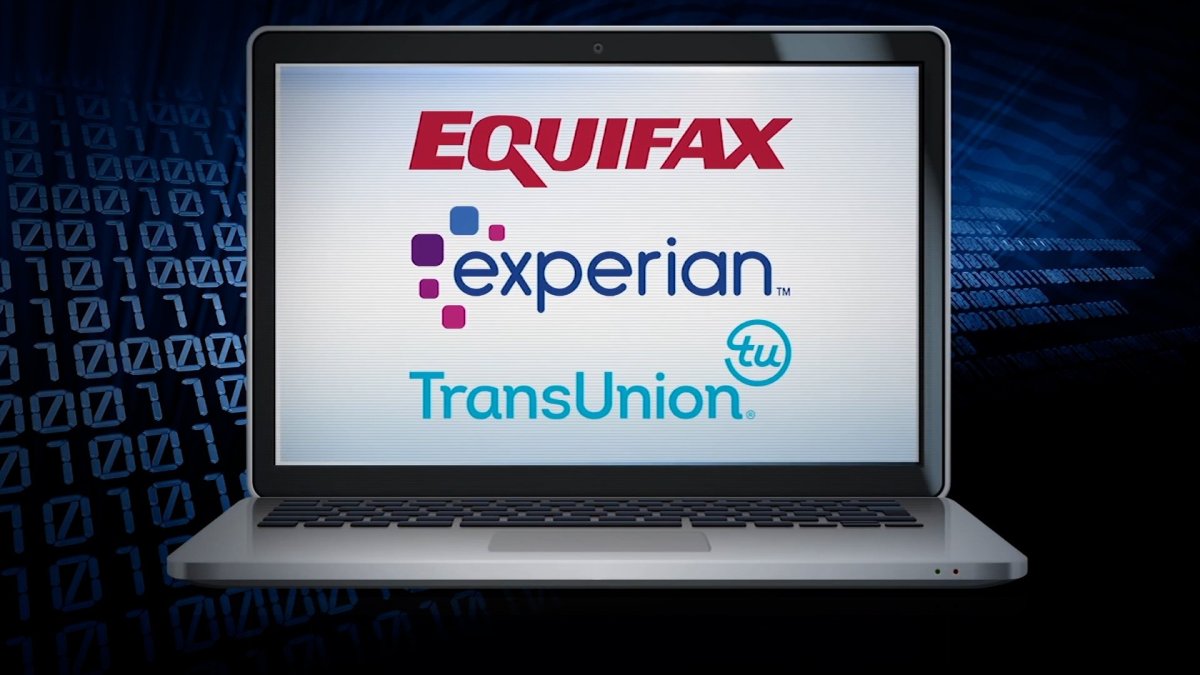If you’ve never been the victim of identity theft, consider yourself lucky. Experts say it’s not a matter of “if” you’ll become a victim, but “when.” And it can take a lot of time and effort to clean up the mess.
There’s something simple you can do to minimize the damage, and that’s freezing your credit. It’s free to do.
When you freeze your credit, most lenders can’t see your credit report, making it far less likely that they will open a new account in your name. In turn, that protects you from fraudulent accounts.
How to freeze your credit
You’ll need to freeze your credit with the three credit bureaus — Equifax, Experian, and TransUnion.
When you need to do things like apply for a new credit card or rent a new apartment, you can temporarily lift the freeze. You’ll want to ask the company that’s checking your credit which credit bureau they use, so you know which one to contact.
Protecting your kid’s identity
Children are a big target if identity thieves because it’s easy to use their personal information for a longer period of time before getting noticed.
For that reason, you should freeze your child’s credit. The process is different than getting one for an adult. Use the links below to get specific instructions from each of the credit bureaus.
Active duty alert
Active duty servicemembers can place an “active duty fraud alert” on their credit reports. This tells businesses to check with you before opening a new credit account in your name.
That usually means contacting you first to confirm the person trying to open the account is really you.
An active duty fraud alert also removes you from the credit bureaus marketing lists for unsolicited credit and insurance offers for two years.
You only need to contact one of the credit bureaus to place the alert. The one you contact is required to tell the other two to place the alert on your credit report.
Check your credit report for free
Even if you take all of these safeguards to protect your credit, it’s still a good idea to check your credit reports regularly.
You’ll want to not only look for fraud, but for any mistakes reported by your creditors. If you spot one, you can always dispute it.
You can check your credit report from each of the three bureaus once a week for free at AnnualCreditReport.com.

